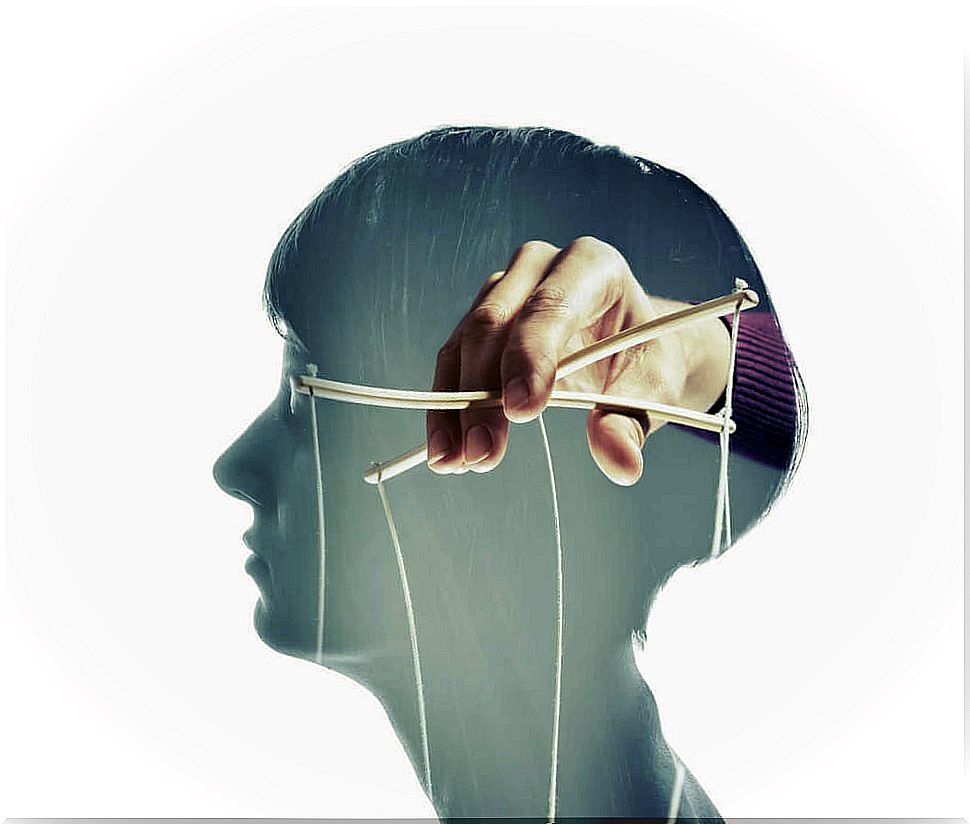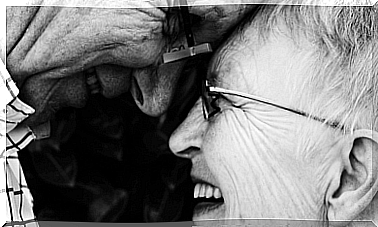Joseph E. Stiglitz, One Of The Most Influential People Of The 21st Century
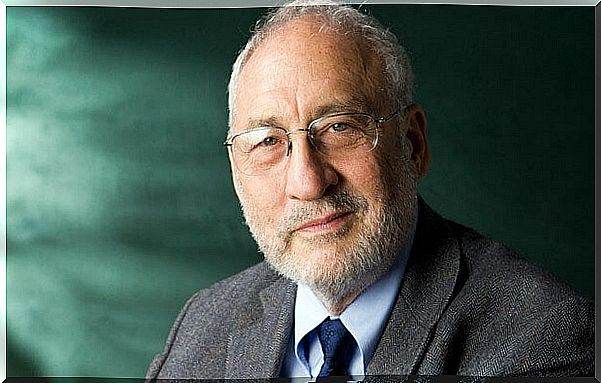
Joseph E. Stiglitz is an economist born in Indiana (United States), in 1943. In 2001, he received the Nobel Prize in economics for his extensive work on globalization. Joseph E. Stiglitz is a sharp critic. His theses clearly indicate the great changes and the great deficiencies that globalization has brought about on the quality of life.
In 2008, Joseph E. Stiglitz was the most cited economist on the planet. This gives us an idea of the dimension that his theses have reached and of his relevance as a thinker. Indeed, we are talking about one of the most influential intellectuals of the 21st century.
One of the most interesting aspects of Joseph E. Stiglitz’s theory is that it incorporates a fundamental fact: the model of globalization has generated greater inequality and greater malaise. The quality of life, on average and taking into account the whole planet, has decreased. Still, many people don’t see it that way. This is why Stiglitz also emphasized certain elements of psychology, which make it easier to maintain the current model. It is precisely this aspect that we will deal with in the rest of this article.
Joseph E. Stiglitz and behavioral economics
The economic behavior or the economy of behavior is a new branch of psychology that applies to economic issues. It starts from the idea that even if the behavior of human beings is not rational, it can be predictable in many cases. It is about the foundation which makes it possible to create mechanisms, in terms of economy, to condition it.
The findings of behavioral economics set there in our minds through constant and of errors recurring of perception. One of them is the “framing” or the frame. In other words, the environment. Human beings tend to interpret realities according to the environment in which they find themselves or which they consider.
Take the example of an old experiment. The victim of a crime is asked to identify his attacker at a police station. Most of the time she can identify him, even though none of the people in front of her is really suspected.
For Joseph E. Stiglitz, much of the current political debate ends up being defined by the framework. Sectors of power ensure that attention is focused on certain specific aspects. Everything else is interpreted from that. An example of this is the fight against terrorism. Certain centers of power define what terrorism is and who are the ones who practice it. The public is often not able to see that there are other actors who behave similarly and who could also be labeled “terrorists”.
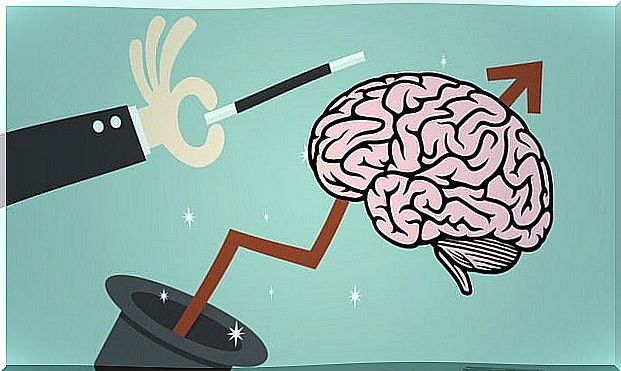
The malleability of convictions
Another aspect to which Joseph E. Stiglitz refers is the fragility of convictions. The latter are strongly influenced and modifiable. Stiglitz refers to several experiences in which this aspect becomes palpable. For example, it indicates that people change their answers depending on how the question is asked. People tend to choose the answer they agree with the most, and not the one that is most true or appropriate to their supposed beliefs.
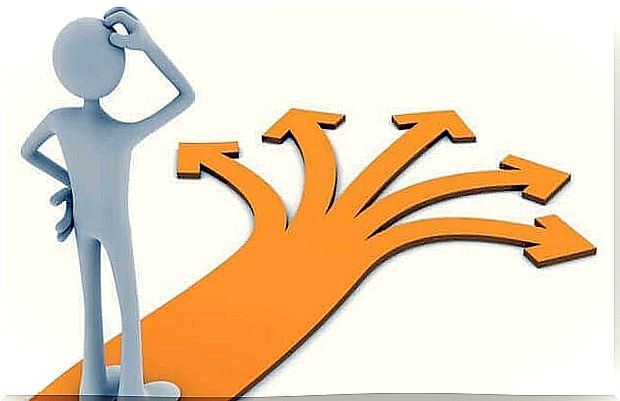
Another important bias indicates that people treat information differently if it matches their previous beliefs. In such a case, the information is considered to be more relevant. On the other hand, when it contradicts or questions previous “certainties”, we tend to ignore it. This distortion is known as “confirmation bias”.
From the above emerges what Joseph E. Stiglitz calls “equilibrium fictions, ” a belief that there is no objective inequality. In this regard, a survey found that up to 42% of Americans do not believe that inequality has increased in the world.
A conditioned world
Joseph E. Stiglitz reiterates that the main role of marketing and advertising is to condition perceptions. Shape the way each human being sees the world and the reality around them. In some cases this conditioning is individual, but in many others it becomes a collective phenomenon. Stiglitz underlines that this way of perceiving the world makes that reality is of such kind and not of another.
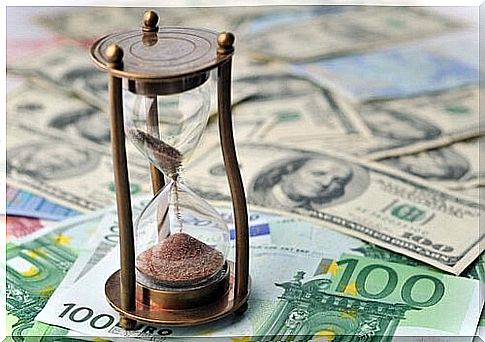
The perceptions of individuals change the market and the economy. If, for example, there is a conviction that the state is an obstacle for business, it is possible that the state will end up being run by someone who thinks so. That person will act on it, which will determine the course of everything. Whether this belief is true or not.
Joseph E. Stiglitz’s theory goes much further. However, the important thing is to make it clear here that this is a thinker who deserves to be known. The economy affects and engages us all, whether we like it or not. Politics too. The better we know their logic, the more we will be autonomous in the face of them.
